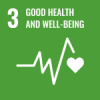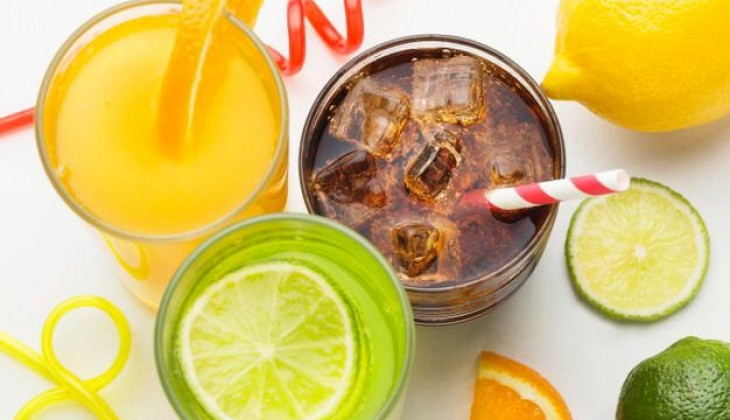The International Diabetes Federation (IDF) reports that in 2020 Indonesia will occupy the 7th position as the country with the highest number of diabetes patients. Similarly, Health BPJS reported that the expenditure burden on non-communicable diseases is getting bigger.
In 2017, Health BPJS has protected 10.8 million people or 5.7 percent of National Health Insurance (JKN) participants by paying for services for this catastrophic disease. The total funds are up to Rp. 14.6 trillion or 21.8 percent of the total health service budget. When compared to 2016, diabetes has spent IDR 7.7 trillion.
The Indonesian government has carried out various interventions to control the increased rate of diabetes, such as providing recommendations in limiting the consumption of 54-grams of sugar a day. This intervention indicates that the Indonesian government is aware that the high consumption of sweetened drinks affects health, including the high diabetes rate. However, there is still no intervention on the high sales of sweetened beverages in the industrial sector.
Seeing this problem, the Center for Health Management Policy (PKMK) FKKMK UGM issued a policy document to address problems caused by the consumption of sweetened drinks. One of the options presented in the policy document is the option to implement fiscal policy to encourage behavior change in consuming healthier products. As recommended by WHO, this document is a recommendation for the government to establish a fiscal policy to maintain the consumption pattern of sweetened drinks in the community.
This fiscal policy can take the form of imposing a tax on sweetened drinks at a certain sugar dose, and the tax value can be progressive. Southeast Asian countries such as Thailand, the Philippines, Malaysia, and Singapore have applied this tax with variations. Indonesia tried to implement this policy in 2011 and 2014. However, these efforts failed because they did not get the full support of all ministries.
In 2021, the Minister of Finance, Sri Mulyani Indrawati, has again issued a discourse on applying excise tax on sweetened drinks before Commission XI of the Indonesian Parliament. This policy is appropriate to reduce the high consumption of sweetened beverages by the Indonesian people, which has reached 20.23 liters per person and occupies the third position in Southeast Asia.
According to Relmbuss Fanda, PKMK UGM researcher who co-drafted the policy document, WHO reported that the imposition of tax on sweetened drinks is an effective intervention to reduce sugar consumption. Evidence suggests that a tax on sugary beverages with increased prices by 20 percent can lead to decreased consumption of about 20 percent, hence preventing obesity and diabetes.
Fanda also said that another study also showed that implementing fiscal policy resulted in substantial health benefits and reduced health care costs. “Health care costs can be saved more than 24 times the cost of tax implementation on sweet drinks,” he said.
One of the countries that have already imposed a tax on sweetened drinks is the UK. Fanda said this policy was welcomed by sweet drink companies in the country. He said that they were competing to offer low-sugar beverage products. These companies maintain their market by reformulating their beverage products. As a result, the soft drink industry in the UK has cut the level of sugar added to their products by half.
“The implementation of the policy has the main objective of preventing people from consuming excessively sweetened drinks. Various parties should support this plan, especially from the community and industry players,” he concluded.



